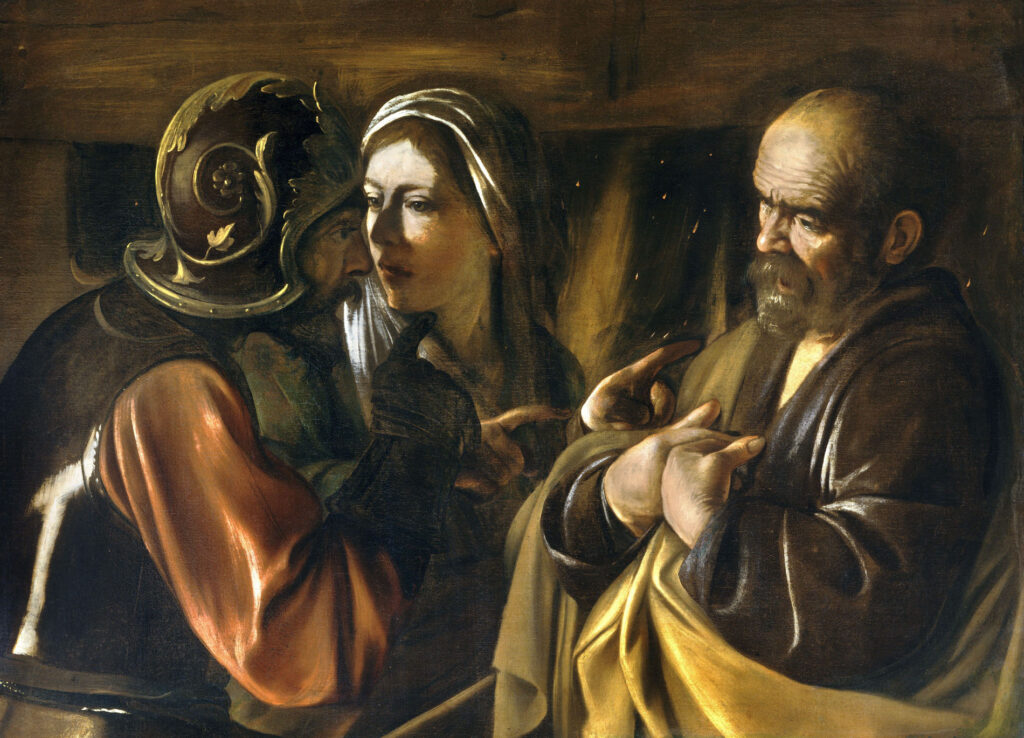St. Cyril of Jerusalem
St. Cyril of Jerusalem
Cyril of Jerusalem was given to the study of the Holy Scriptures from childhood, and made such progress that he became an eminent champion of the orthodox faith. He embraced the monastic institute and bound himself to perpetual chastity and austerity of life. He was ordained priest by St. Maximus, Patriarch of Jerusalem, and undertook the work of preaching to the faithful and instructing the catechumens, in which he won the praise of all. He was the author of those truly wonderful Catechetical Instructions, which embrace clearly and fully all the teaching of the Church, and contain an excellent defense of each of the dogmas of religion against the enemies of the faith. His treatment of these subjects is so distinct and clear that he refuted not only the heresies of his own time, but also, by a kind of foreknowledge, as it were, those which were to arise later. Thus he maintains the Real Presence of the Body and Blood of Christ in the adorable sacrament of the Altar. On the death of Patriarch St. Maximus, the bishops of the province chose Cyril in his place.

As Bishop he endured, like blessed Athanasius, his contemporary, many wrongs and sufferings for the sake of the faith at the hands of the Arians. They could not bear his strenuous opposition to their heresy, and thus assailed him with calumnies, deposed him in a pseudo-council and drove him from his see. To escape their rage, he fled to Tarsus in Cilicia and, as long as Constantius lived, he bore the hardships of exile. On the death of Constantius and the accession of Julian the Apostate, Cyril was able to return to Jerusalem, where he set himself with burning zeal to deliver his flock from false doctrine and from sin. He was driven into exile a second time, under the Emperor Valens, but when peace was restored to the Church by Theodosius the Great, and the cruelty and insolence of the Arians were restrained, he was received with honor by the Emperor as a valiant soldier of Christ and restored to his see. With what earnestness and holiness he fulfilled the duties of his exalted office was proved by the flourishing state of the Church at Jerusalem, as described by St. Basil, who spent some time there on a pilgrimage to the holy places.
